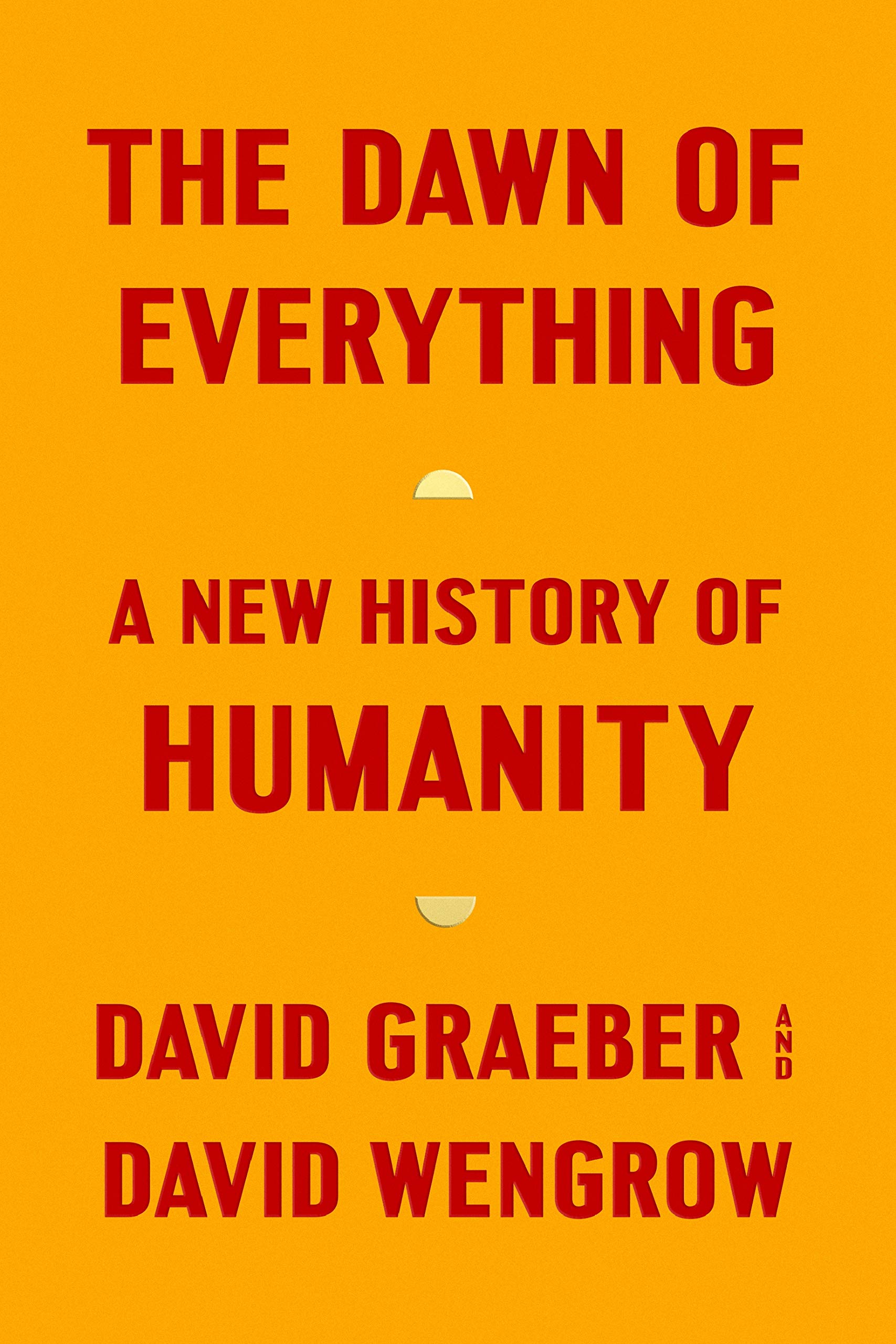
Moonbound by Robin Sloan
The book opens on Earth, eleven thousand years from now. The Anth met their end long ago. (You’ll learn how …
This link opens in a pop-up window

The book opens on Earth, eleven thousand years from now. The Anth met their end long ago. (You’ll learn how …
Quick read. Sometimes you just need an outside perspective like this to help set your own straight.
I'm sorry that this book is still as relevant today as it was when it was first published in 2017. The resistance continues!
I'm sorry that this book is still as relevant today as it was when it was first published in 2017. The resistance continues!

In previous books, Holocaust historian Timothy Snyder dissected the events and values that enabled the rise of Hitler and Stalin …

Humanity's war is eternal, spread across the galaxy and the ages. Humanity's best hope to end the endless slaughter is …

How humanity came to the planet called Anjiin is lost in the fog of history, but that history is about …

An essential guide to how the power of art has been harnessed to effect political change across the modern world, …

The renowned activist and public intellectual David Graeber teams up with the professor of comparative archaeology David Wengrow to deliver …

Phoney Bone's methods of using fear to extract wealth from -- and wield power over -- the town of Barrelhaven is a useful allegory for political forces that continue to exist today
Phoney Bone's methods of using fear to extract wealth from -- and wield power over -- the town of Barrelhaven is a useful allegory for political forces that continue to exist today

Fone Bone confronts a host of dangers: Along with Gran'ma Ben and Thorn, he has a terrifying encounter with Kingdok, …
I didn't actually finish this. And while I'm always game for a good counterintuitive argument, there are just too many bad ones here, where the author plays the contrarian for the sake of, well, just doing that, I guess. The problem with economics is that it's a pseudoscience in which creative thinkers gravitate toward conservative assumptions in order to extrapolate fanciful outcomes, while pretending all of it is ironclad, unassailable logic. Some of this might make for a pretty decent science fiction premise, but despite professing to represent reality, those assumptions really don't hold up well in 2025.
The attention-grabbing book title has a point, though, because better sex education, communication, and mental and physical support (healthcare, etc) is safer for society, and yet, somehow, Landsburg doesn't hit on any of that. Instead, the entire point is just encapsulated by a story about some guy (authorial self-insert perhaps) who …
I didn't actually finish this. And while I'm always game for a good counterintuitive argument, there are just too many bad ones here, where the author plays the contrarian for the sake of, well, just doing that, I guess. The problem with economics is that it's a pseudoscience in which creative thinkers gravitate toward conservative assumptions in order to extrapolate fanciful outcomes, while pretending all of it is ironclad, unassailable logic. Some of this might make for a pretty decent science fiction premise, but despite professing to represent reality, those assumptions really don't hold up well in 2025.
The attention-grabbing book title has a point, though, because better sex education, communication, and mental and physical support (healthcare, etc) is safer for society, and yet, somehow, Landsburg doesn't hit on any of that. Instead, the entire point is just encapsulated by a story about some guy (authorial self-insert perhaps) who probably should have banged his coworker because that would save her -- and presumably, society, somehow -- from potentially catching a venereal disease from a different, more sexually experienced guy. Okay. I decided to make a good economic decision and stop wasting my time on this book.